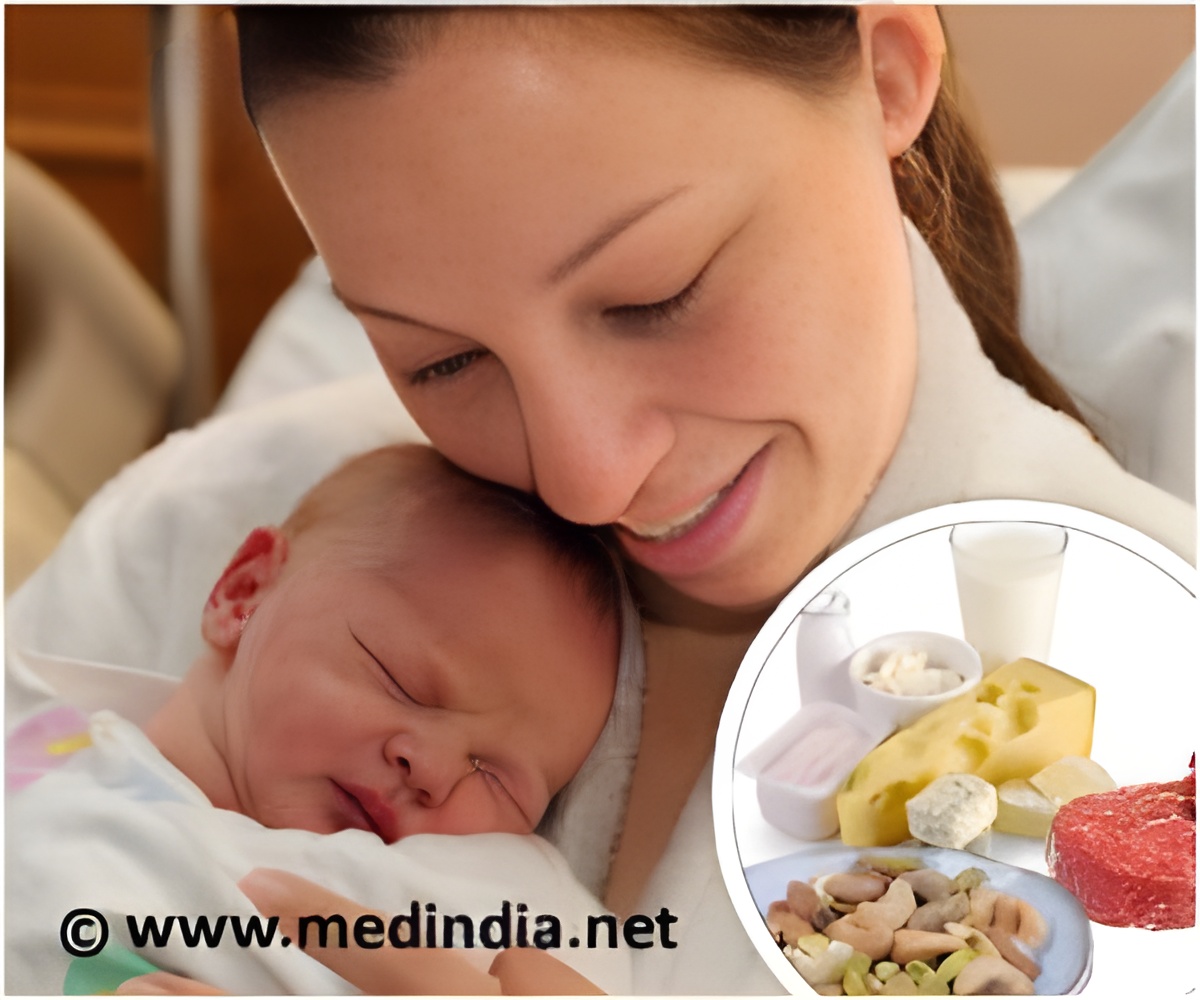A recent study indicates that a high protein and energy diet improves growth in very low birth weight babies.

A study was conducted to evaluate if a high protein and high energy supplement would improve the weight and lean body mass in preterm infants and if such supplementation would be well tolerated by the small babies.
Thirty-eight preterm infants from Spain at less than 32 weeks gestation and with weights of less than 1500g were included in the study. The newborns were free from complications and were gaining weight. These babies were divided according to the types of supplements they received. Group A received the standard preterm formula. Group B and C received high energy and protein formulation; the protein content of the formulation given to group C was higher than that given to group B.
The weight, length and head circumference of the infants were measured weekly for 4 weeks to monitor their growth. Using the weight and length measurements, the body mass index was calculated. Body composition was measured using total body electrical impedance analysis. Fat mass and fat-free mass were calculated on the last day of the study.
The high energy and protein supplements were well tolerated by the groups B and C. At the end of the study, the weight gain in these groups was more than that in group A, with an increase in fat-free mass. The head circumference was more in group B as compared with group A. An increase in head circumference indicates a better growth of the brain.
Protein intake was higher in group C than in group B; however there were no differences in weight gain or fat-free mass between these two groups. Thus an intake of 150 kcal/kg/d of energy and 4.2 g/kg/d of protein, with a protein/energy ratio of 2.8 g/100 kcal, similar to that of group B is usually enough to increase the weight of very low birth weight infants. Urea levels were increased in the groups taking protein supplementation, but to insignificant levels.
Reference:
2. Extremely Low Birth Weight Infant information
Source-Medindia











